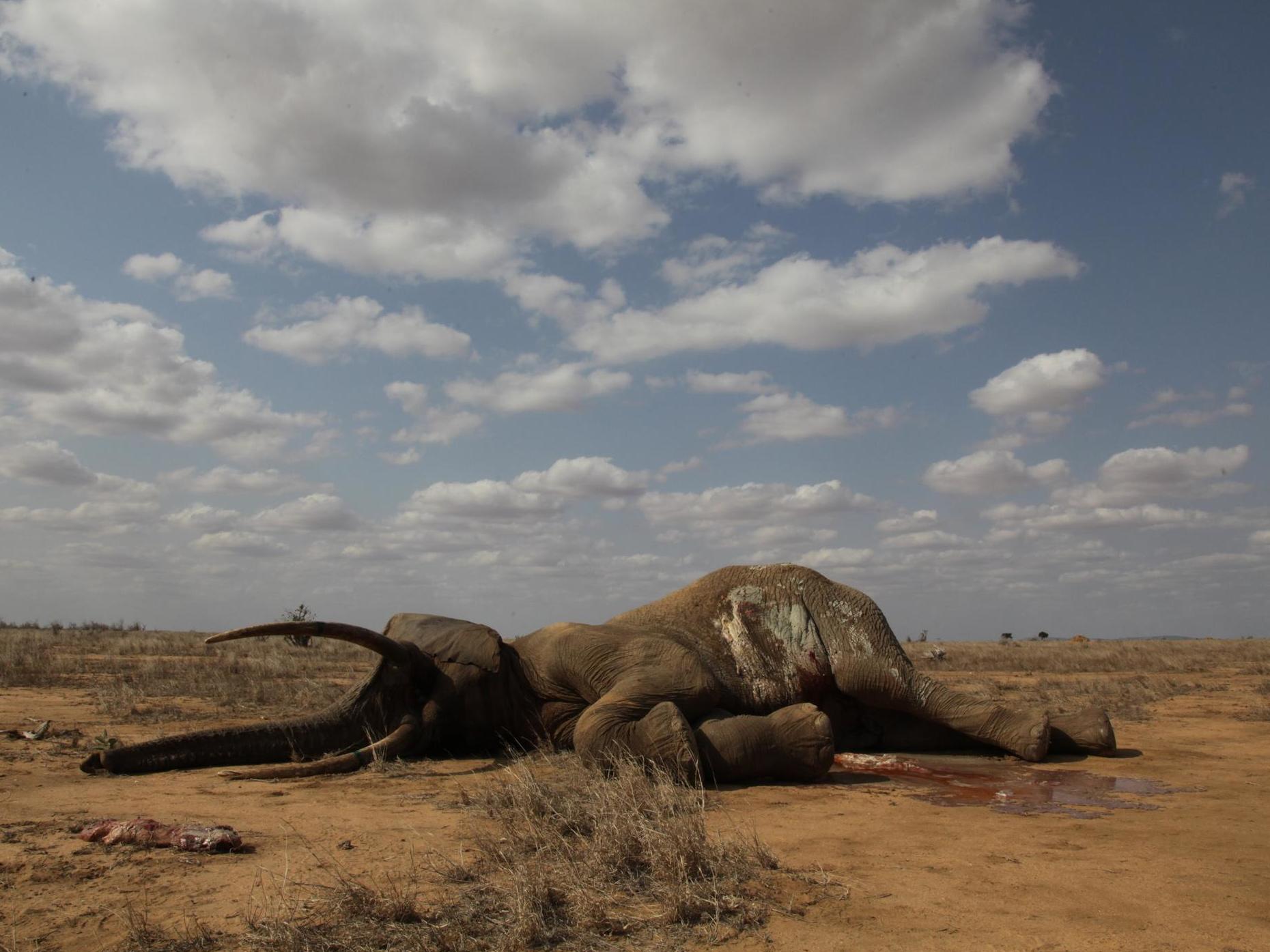Meat-eating humans pushing hundreds of planet’s biggest animals toward extinction
‘Our results suggest we're in the process of eating megafauna to extinction’

Your support helps us to tell the story
From reproductive rights to climate change to Big Tech, The Independent is on the ground when the story is developing. Whether it's investigating the financials of Elon Musk's pro-Trump PAC or producing our latest documentary, 'The A Word', which shines a light on the American women fighting for reproductive rights, we know how important it is to parse out the facts from the messaging.
At such a critical moment in US history, we need reporters on the ground. Your donation allows us to keep sending journalists to speak to both sides of the story.
The Independent is trusted by Americans across the entire political spectrum. And unlike many other quality news outlets, we choose not to lock Americans out of our reporting and analysis with paywalls. We believe quality journalism should be available to everyone, paid for by those who can afford it.
Your support makes all the difference.Humanity’s insatiable appetite for meat is pushing large creatures like elephants and giant salamanders towards extinction, according to a new study.
Hunting for food, medicine and other uses was the main driver of their decline, scientists said after analysing data from 300 species of “megafauna”, which they defined as mammals and fish weighing over 100kg, along with amphibians, birds and reptiles over 40g.
Nine megafauna species have gone extinct in the past 250 years, including two species of giant tortoise and two deer. Around 2 per cent of megafauna are thought to have disappeared within the past 500 years.
However, up to 60 per cent of all large animals could be wiped out entirely or brought to the brink of extinction in coming years, according to the team at Oregon State University which published their findings in the journal Conservation Letters.
Larger animals, which take longer to reproduce and provide more appetising targets for hunters, have a higher proportion of diminishing populations than all other vertebrates put together.
One of the study’s authors, Professor William Ripple, said the team’s results suggested that “we’re in the process of eating megafauna to extinction”.
Human hunting has been blamed for many historical megafauna extinctions, including the loss of the giant creatures that used to prowl Australia such as the marsupial lion and the enormous, wombat-like diprotodon.
Today many animals are hunted for bushmeat, as trophies or to fuel an illegal trade in wildlife parts for use in traditional medicine.
One threatened species is the Chinese giant salamander, a human-sized amphibian that is considered a delicacy in parts of Asia.
Other creatures identified by the team include African elephants, ostriches and whale sharks – the largest fish in the world.
While many international efforts are already underway to protect endangered animals such as elephants and rhinos, the scientists called for more concerted multilateral efforts to preserve the full spectrum of megafauna.
They cited the success of the International Whaling Commission as an initiative on which to base future schemes.
“Direct harvest for human consumption of meat or body parts is the biggest danger to nearly all of the large species with threat data available,” said Mr Ripple. “Thus, minimising the direct killing of these vertebrate animals is an important conservation tactic that might save many of these iconic species as well as all of the contributions they make to their ecosystems.”
Join our commenting forum
Join thought-provoking conversations, follow other Independent readers and see their replies
Comments